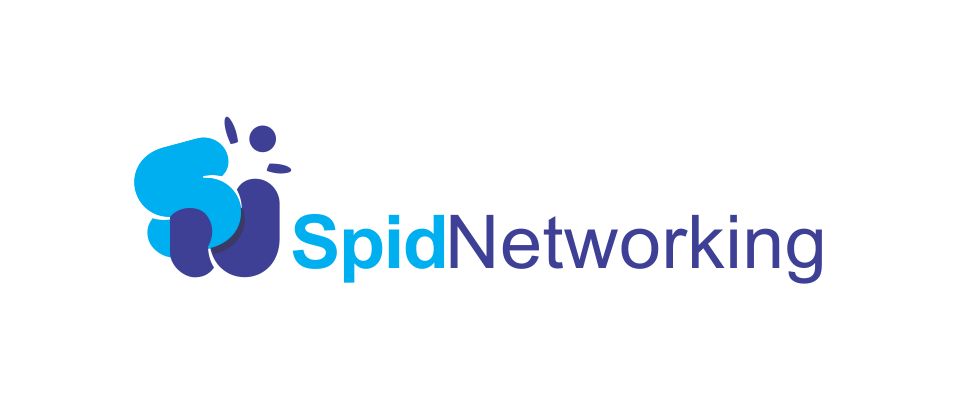MTNF/MUSON MUSIC SCHOLARS PROGRAMME
ADMISSION TO THE MTNF/MUSON DIPLOMA IN MUSICThe Musical Society of Nigeria (MUSON) in conjunction with the MTN Foundation (MTNF), announces entrance examinations for the seventh set of the MTNF/MUSON diploma course in Music for the 2012 - 2013 academic year. The Muson School of Music is staffed and equipped to meet internationally accepted standards in Music education.
The examinations will take place from August 2 -31, 2012 and will take the form of:
A written examination which will include theory questions pitched at approximately grade 5 & 6 standard and basic music knowledge
A practical examination which will be a performance on a major instrument or voice of at least grade 5 standard, before a faculty jury
Admission Requirments:
A written examination which will include theory questions pitched at approximately grade 5 & 6 standard and basic music knowledge
A practical examination which will be a performance on a major instrument or voice of at least grade 5 standard, before a faculty jury
Admission Requirments:
- Applicants for the MTNF/MUSON diploma course in Music are expected to possess the following minimum requirements:
- The General Certificate of Education (G.C.E) Ordinary Level with Credits in five subjects including English Language OR
- The Senior Secondary School Certificate (SSCE) with a credit in English Language
- The 5 credits must have been obtained at not more than two sittings and before admission to the diploma course
Admission Requirements:
- Practical: Grade five or higher pass certificate of the MUSON School of Music or any other music examining body recognized by the MUSON School
- Theory: Grade five or higher pass certificate of The Muson School of Music or any other music examining body recognized by the Muson School
- NB:Applicants who possess the above practical or theory certificates would have also satisfied the GCE (O/L) or SSCE requirements
Interested applicants who are deficient in the theory requirements are advised to take advantage of lessons available in the basic school to enable them prepare for the admission examination in August
Letters of application together with copies of certificates, two passport photographs, and contact telephone numbers or email address should be sent to:
The Director
Muson Schoool of Music
8/9 Marina, Onikan
Lagos
All applications should reach the Director, MUSON School of Music on or before July 27, 2012.
Letters of application together with copies of certificates, two passport photographs, and contact telephone numbers or email address should be sent to:
The Director
Muson Schoool of Music
8/9 Marina, Onikan
Lagos
All applications should reach the Director, MUSON School of Music on or before July 27, 2012.

